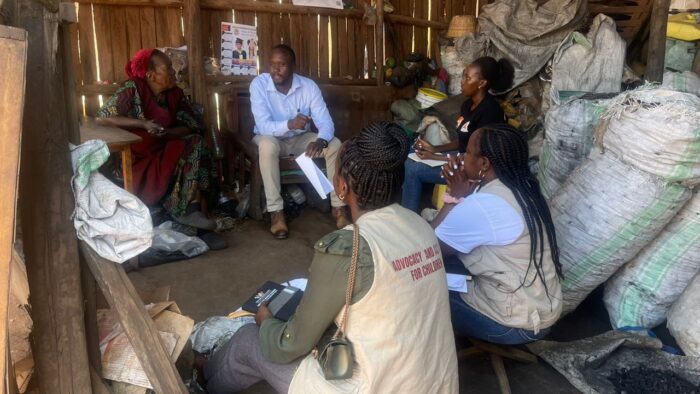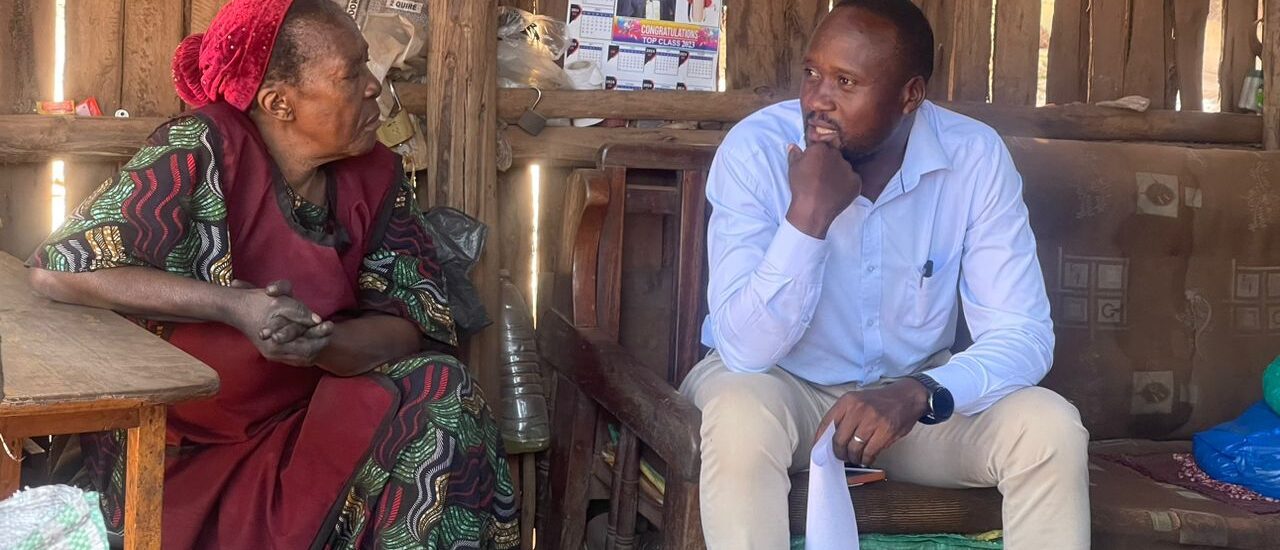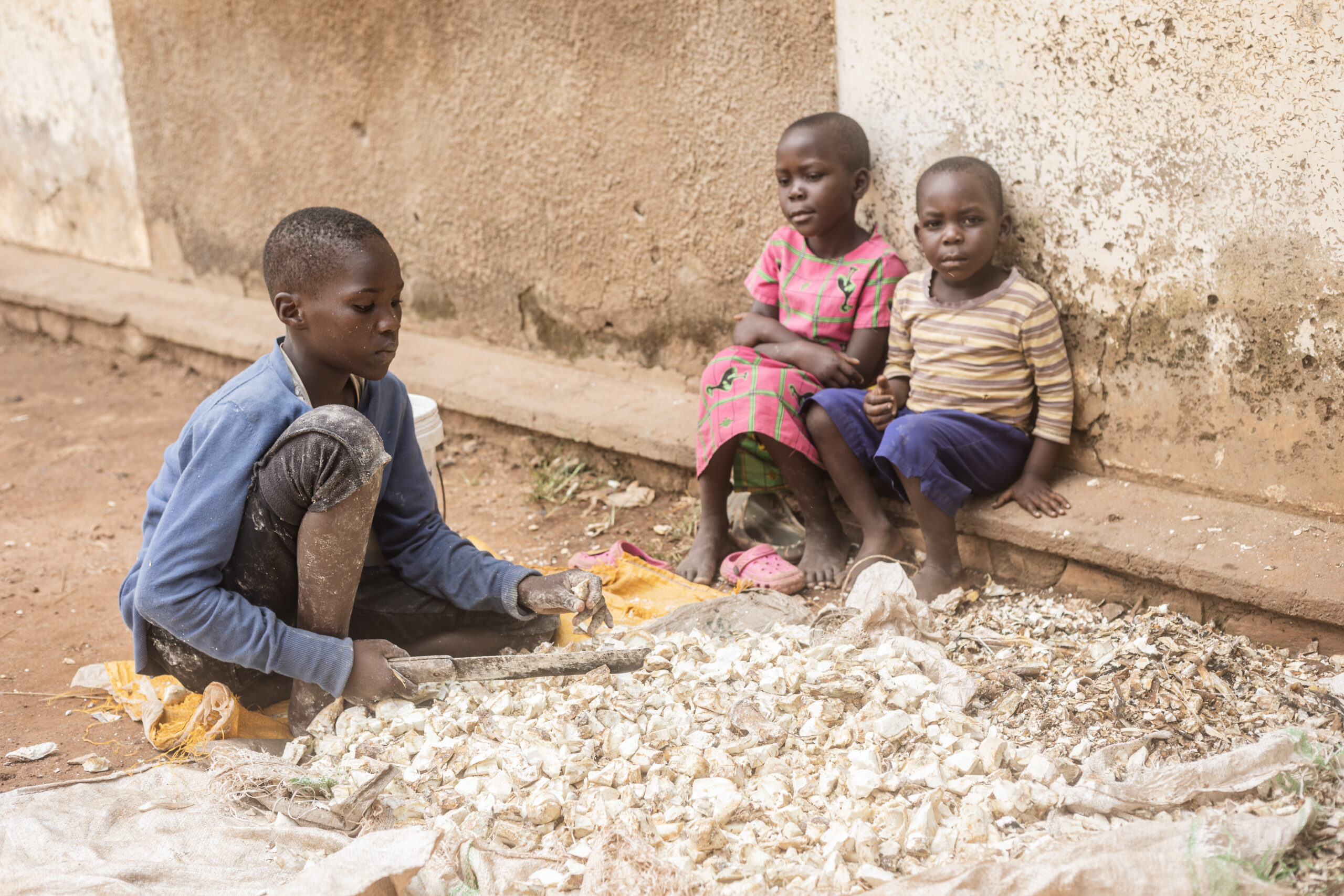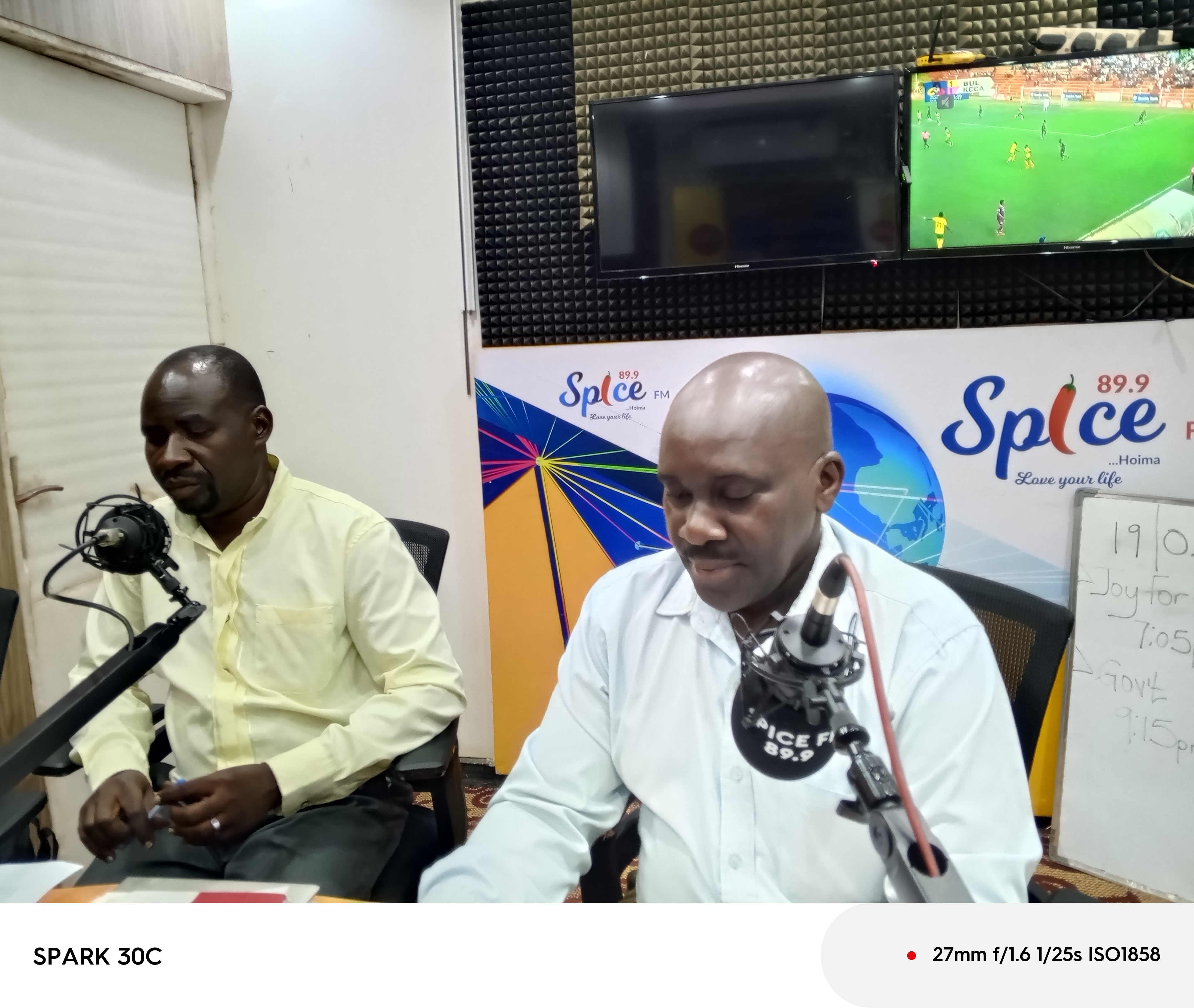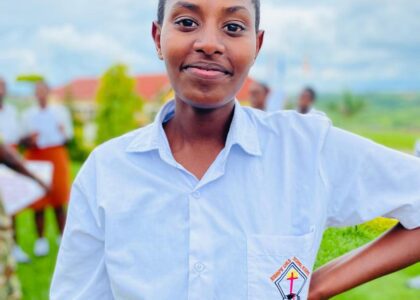In the heart of Mulago , lives Jaja Margret, a 68-year-old woman who runs a charcoal business on Happy Street. Despite her age, Jaja Margret is the primary caregiver for her ten grandchildren, a responsibility that weighs heavily on her shoulders. Her story is not just one of personal struggle, it reflects the broader challenges faced by many families in this community.
Jaja Margret shared her concerns about the plight of single mothers in Mulago. Many of these women have been abandoned by their husbands and are left to shoulder the burden of raising their children alone. With limited financial resources, they struggle to meet basic needs.
Jaja Margret recounts stories of children being sent home from school due to unpaid fees. For many, this means an end to their education and a premature entry into the harsh realities of life. Once out of school, these children often turn to street gangs and drugs, becoming involved in criminal activities that only increase the cycle of poverty and crime.
Statistics reveal that school dropout rates in urban slums like Mulago can be alarmingly high, with many children abandoning their studies due to financial constraints. Reports indicate that In Uganda, the school dropout rates are alarmingly high, with approximately 45% of primary school children and 30% of secondary school students leaving school before completion due to financial constraints and other socio-economic factors.
When children drop out of school, the consequences can be severe. Without education, many turn to street gangs and drug abuse as alternatives. Gangs often recruit young boys as young as 10 years old from poor backgrounds, promising them a sense of belonging and quick money. These gangs draw children into a world of crime, including theft and violence, which perpetuates the cycle of poverty.
In many slum areas across Uganda, the crime rate can be as high as 30% above the national average, and Mulago is no exception. Violent crime and theft are common, especially after dark, making the streets unsafe and instilling fear among the residents.
Jaja Margret lamented that these boys, born and raised in the same environment, have lost respect for their parents and community. She fears that they will perpetuate a cycle of teenage pregnancies and child negect , further complicating the already dire situation for families in the slum.
Jaja Margret firmly believes that education is the key to overcoming the challenges faced by children in her community. She asserts that if these children receive support through sponsorship for their education, they can grow into valuable members of society capable of contributing positively to their families and communities.
She emphasizes the need for targeted programs that support boys through mentorship, counseling, and skill development. This holistic approach could empower them to make better life choices and reduce the likelihood of engaging in criminal activities.
Joy for Children Uganda has been supporting many families in Mulago through our child sponsorship that provides essential resources they need to continue their education such as school fees, books, and other supplies
Since 2010, JFCU has also been working to empower women in Mulago through community support groups. These groups bring together women like Jaja Margret, providing them with a platform to share their experiences, offer mutual support, and improve their economic situations.
Jaja Margret is an active member of one of these women’s groups. These groups are more than just a source of financial assistance; they are a network of solidarity and empowerment. They offer practical advice, emotional support, and assistance in creating small businesses. The women’s groups play a crucial role in addressing financial issues and creating opportunities for women to uplift themselves and their families. They help members develop skills, access resources, and build a supportive network that can make a significant difference in their lives.
JFCU’s programs extend beyond Mulago to other slum communities, including Bwaise, Bukoto, and Kivulu. This broader project aims to enhance economic security and provide resources that enable women to improve their livelihoods. These efforts not only uplift individual families but also contribute to the overall well-being of the community, helping to break the cycle of poverty and address related social issues such as child marriage and teenage pregnancy.
